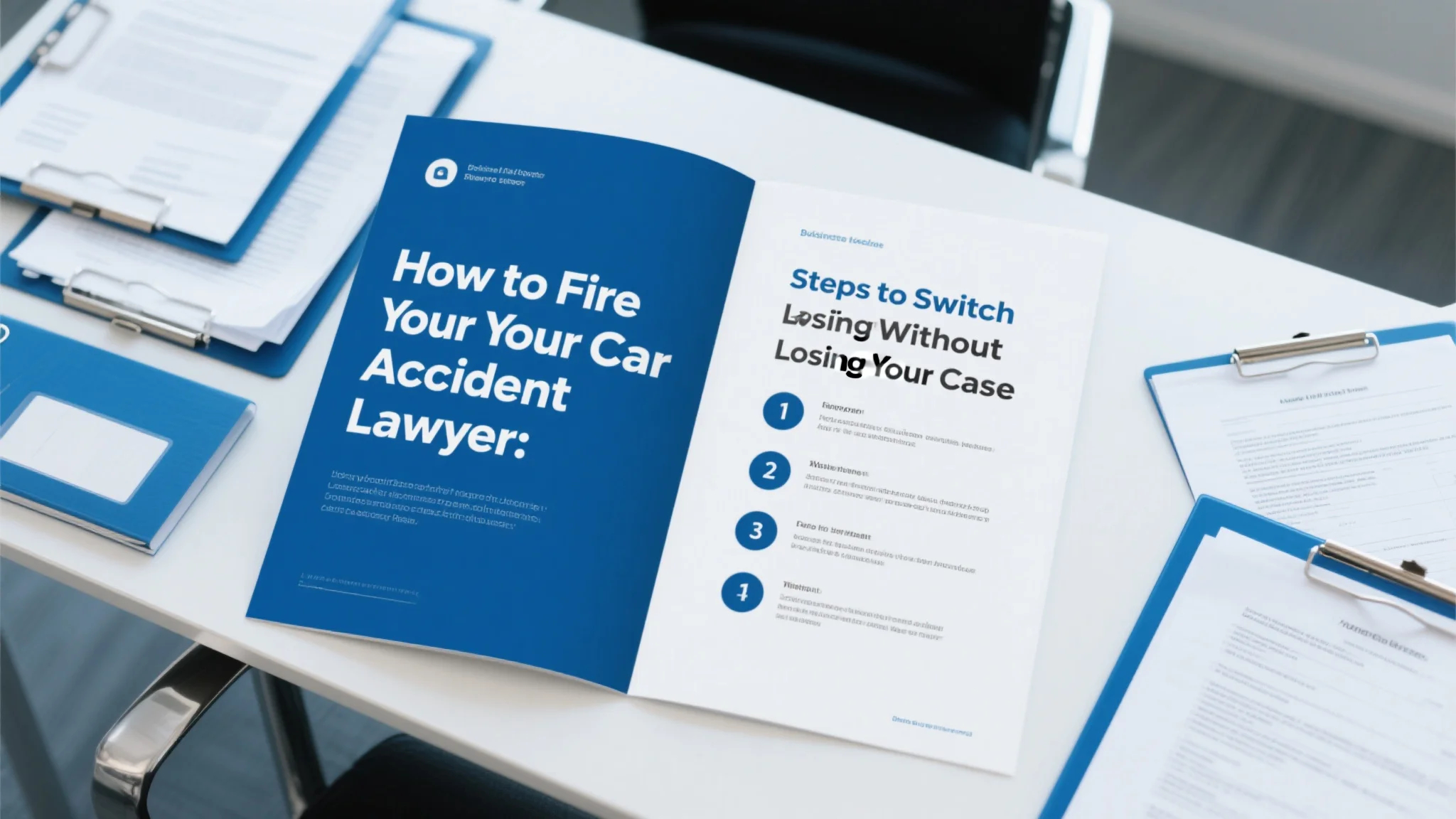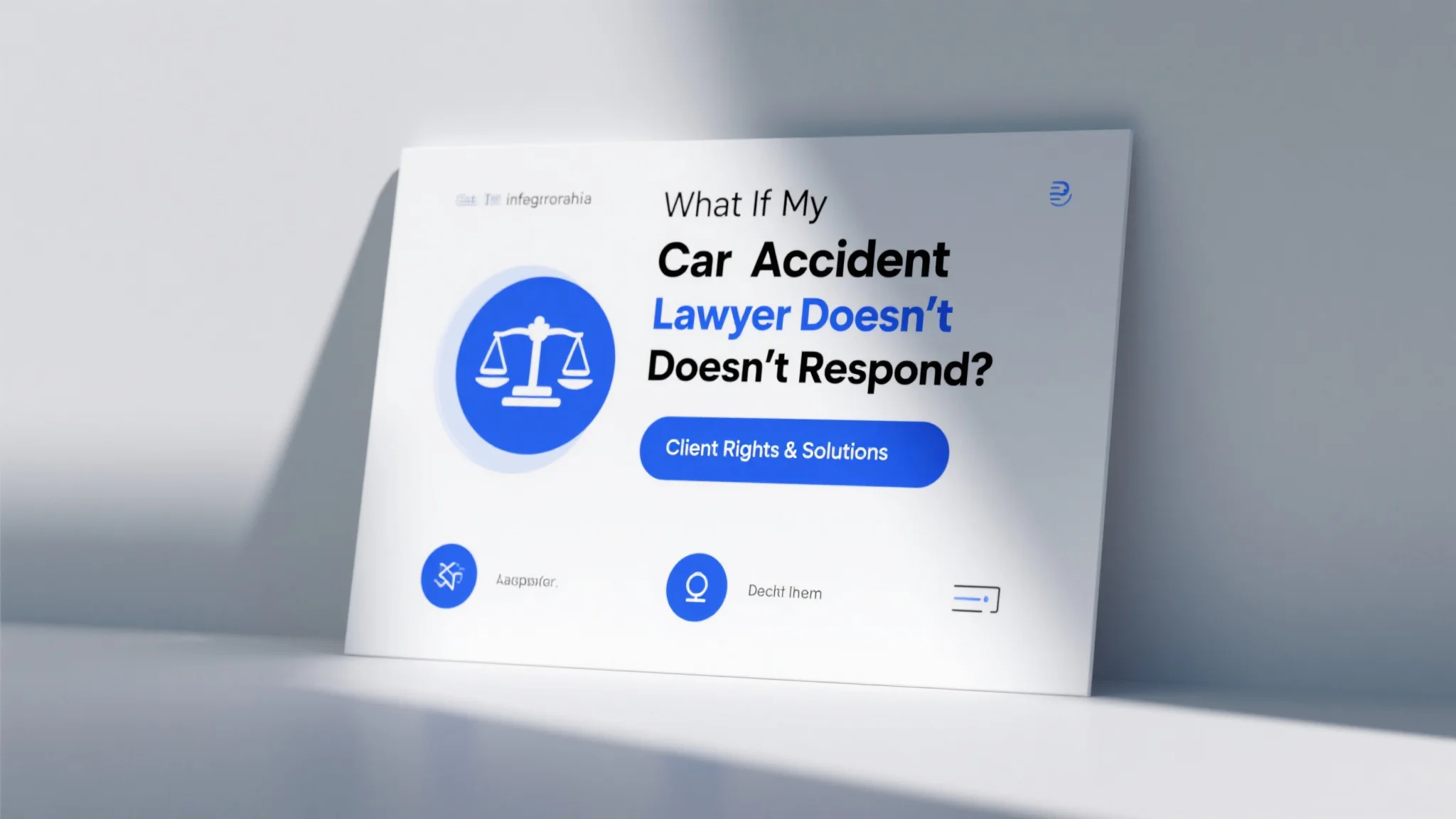The Critical Role of Specialized Legal Representation After Pedestrian Accidents
When struck by a vehicle as a pedestrian, securing experienced pedestrian accident attorney representation often makes the difference between inadequate compensation and full financial recovery. Unlike standard car accident cases, pedestrian collisions frequently result in catastrophic injuries that require extensive medical treatment and long-term rehabilitation. Seasoned attorneys understand how to properly value these complex damages while countering insurance company tactics to minimize payouts. They navigate unique legal issues like comparative negligence claims, where insurers often try to blame pedestrians for being in the roadway, regardless of actual circumstances. Proper legal guidance ensures all available insurance coverage gets identified and pursued, from the driver’s policy to potential umbrella coverage or municipal liability in cases involving dangerous road design.
Building a Strong Crosswalk Injury Claim from the Start
Successful crosswalk injury claim outcomes depend heavily on actions taken immediately after the accident. Critical evidence like surveillance footage, witness statements, and accident scene details often disappears quickly without prompt preservation. Your attorney will coordinate thorough investigations while you focus on medical recovery, ensuring no crucial proof gets overlooked. They’ll obtain and analyze police reports for accuracy, as initial officer conclusions sometimes contain errors prejudicial to pedestrians. Medical documentation gets carefully curated to establish clear causation between the accident and all related injuries, including delayed symptoms that may emerge later. This comprehensive evidence-gathering creates leverage during settlement negotiations and proves invaluable if litigation becomes necessary.
Special Considerations for Hit-and-Run Pedestrian Cases
Hit-and-run pedestrian accidents present unique challenges requiring specialized legal strategies. When the at-fault driver flees, your attorney will aggressively pursue all avenues to identify them, from canvassing for surveillance footage to working with accident reconstruction experts. Even if the driver remains unidentified, compensation may still be available through your own uninsured motorist coverage or other sources. Time becomes especially critical in these cases, as insurers often impose strict notice requirements for uninsured motorist claims. Your legal team will also investigate potential third-party liability, such as property owners whose poorly maintained landscaping obstructed sight lines or municipalities that failed to maintain safe pedestrian infrastructure. These alternative recovery theories can prove essential when direct action against the driver isn’t possible.
Calculating the True Value of Your Pedestrian Accident Claim
Determining appropriate compensation in pedestrian accident attorney cases involves complex analysis beyond simple medical bill totals. Your legal team will account for future medical needs, including potential surgeries, physical therapy, and assistive devices required for long-term mobility. Lost earning capacity calculations consider not just current wages but career trajectory impacts and reduced future employability due to permanent disabilities. Pain and suffering valuations account for the profound lifestyle changes often caused by pedestrian injuries, from inability to participate in cherished activities to loss of independence. Experienced attorneys consult with economic and medical experts to properly quantify these damages, ensuring settlement demands or jury awards reflect the accident’s true lifelong consequences rather than just immediate expenses.

Navigating Insurance Company Tactics in Pedestrian Claims
Insurers frequently employ aggressive strategies to minimize crosswalk injury claim payouts, knowing pedestrians often face overwhelming medical bills and financial pressures. Common tactics include disputing liability regardless of evidence, offering quick lowball settlements before full injury extent is known, and attempting to shift blame to the pedestrian through misleading comparative negligence arguments. Your attorney serves as both legal advocate and strategic buffer against these tactics, handling all communications while protecting your rights. They’ll ensure recorded statements or settlement discussions don’t inadvertently compromise your claim and advise when alternative dispute resolution methods like mediation might prove more productive than direct negotiations. This professional guidance prevents vulnerable accident victims from accepting inadequate settlements during difficult recovery periods.
The Litigation Process When Settlement Fails
When insurers refuse reasonable hit-and-run pedestrian accident settlements, prepared attorneys transition seamlessly to litigation. The complaint will carefully plead all viable legal theories, from simple negligence to potential gross negligence claims if the driver was speeding, intoxicated, or otherwise exhibited reckless behavior. Discovery processes then uncover critical evidence through depositions, document requests, and expert disclosures. Throughout litigation, your legal team maintains focus on maximizing potential recovery while preparing the case for trial, as this readiness often prompts more serious settlement offers from previously resistant insurers. Even after filing suit, most cases eventually settle, but having an attorney fully prepared to try the case creates essential leverage to ensure fair compensation.
Long-Term Considerations for Pedestrian Accident Survivors
Quality pedestrian accident attorney representation extends beyond initial case resolution to address clients’ long-term needs. Settlement structures may include annuities or trusts to ensure funds remain available for future medical requirements. Your legal team can coordinate with vocational rehabilitation specialists if returning to previous employment proves impossible due to accident-related disabilities. They’ll also advise on preserving government benefit eligibility when receiving substantial settlements and help navigate lien resolution with healthcare providers and insurers. These comprehensive services recognize that pedestrian accident impacts often last lifetimes, requiring legal solutions that address both immediate financial pressures and enduring quality-of-life considerations for survivors and their families.



